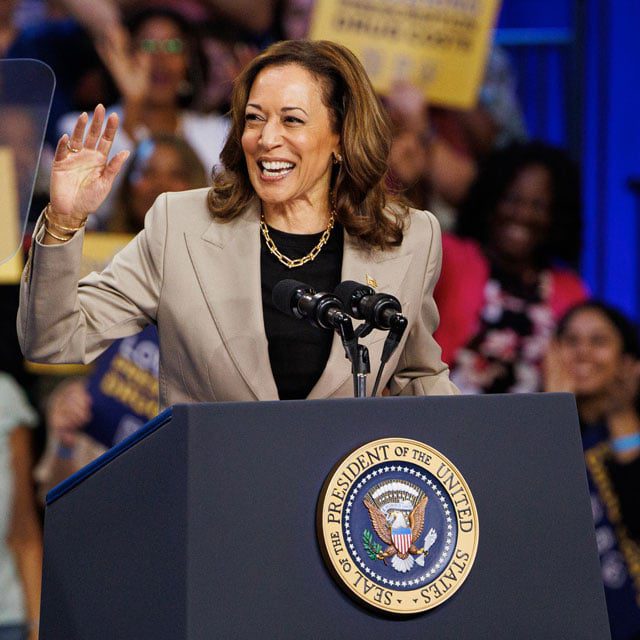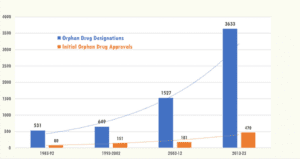Kamala Harris Proposes Medicare Home Care Benefit

What You Need to Know
The Harris-Walz proposal would include evaluation and support services.
It might lead to higher taxes for some clients.
It might end state efforts to recoup Medicaid nursing home spending by selling the homes of the aid recipients.
Vice President Kamala Harris has proposed adding home care benefits to Medicare.
The new Medicare at Home program would provide evaluation services and home health aide services. The aides could help older people with activities such as eating and bathing.
Harris, the Democratic presidential nominee, and her running mate, Minnesota Gov. Tim Walz, say they want to use four major streams of new revenue and new federal savings to pay for the program:
Savings produced by the new federal Medicare drug price negotiation process.
Savings from a crackdown on Medicare fraud.
The tax revenue generated by imposing new rules on pharmacy benefit managers.
The new revenue generated by making international tax changes that “stop encouraging companies to shift jobs and profits overseas.”
The Harris campaign is also emphasizing its support for providing up to $6,000 in child tax credit subsidies per child.
What it means: Harris said the new caregiver support programs could help employers by making caregiver workers more productive.
Success at starting the program could also add to momentum in the private long-term care insurance, by creating new ways for private insurers to provide arrangements that wrap around government program benefits.
In 2023, for example, Federal Life, John Hancock and Transamerica all introduced universal life policies designed to help workers create vehicles for paying for long-term care costs.
The thinking: The elder care and child care proposals are part of a Harris plan to “support the sandwich generation,” or people who care for young children and older relatives at the same time.




